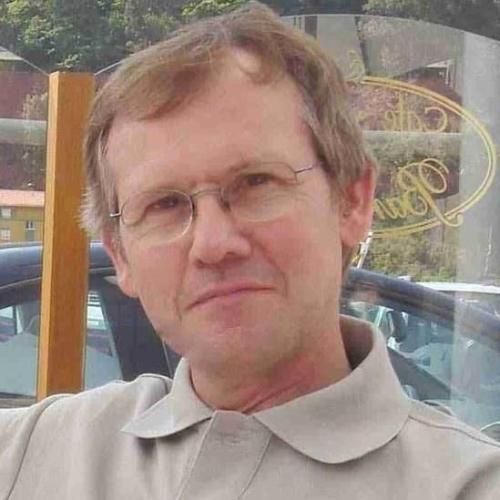
JOSE FRANCISCO
PARRA FERNANDEZ
Catedrático de Universidad
Departamento: Bioquímica y Biología Molecular
Área: Bioquímica y Biología Molecular
Email: fparra@uniovi.es
Web personal: http://www.unioviedo.es/virlab/
Doctor por la Universidad de Oviedo con la tesis Efecto de la 2-desoxi-d-glucosa sobre la síntesis y la secreción de la invertasa en saccharomyces carlsbergensis g-517 1980. Dirigida por Dr/a. Fernando Moreno Sanz.









